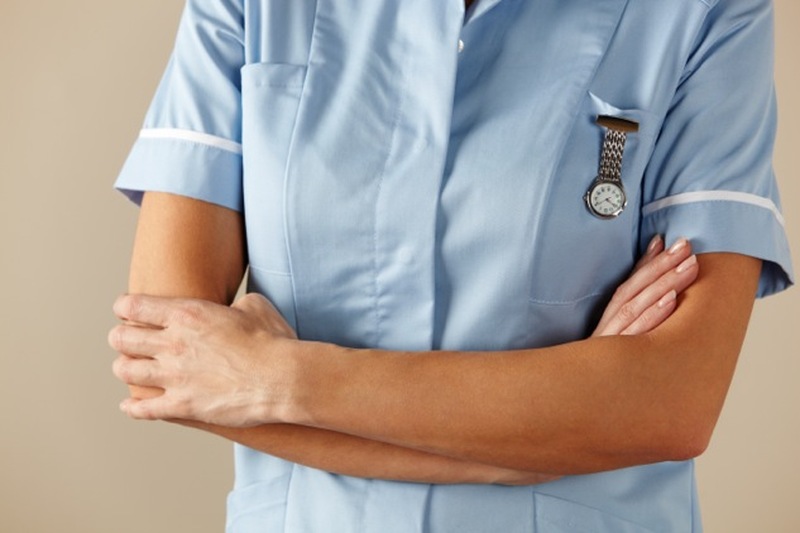DWINDLING numbers of doctors available to see at surgeries across Barnsley must be reversed in order to allay patients’ concerns over access to primary care, council bosses have warned.
Barnsley’s ruling cabinet members approved the town’s involvement in the newly-formed South Yorkshire Integrated Care Partnership, which focuses on improving health and wellbeing.
A total of 143,390 appointments occurred at GP practices in the Barnsley area in October - the latest month available - and more than 35,000 of those took place more than a fortnight after booking.
The NHS has lost 402 individual GP partners and 244 salaried, locum and retainer GPs in the last 12 months, according to the British Medical Association.
This has created a net loss of 646 individual GPs since January 2022, leading to a knock-on impact on waiting times at Barnsley Hospital’s A and E as patients seek help elsewhere due to a lack of appointments at GPs.
Council leader Sir Steve Houghton said: “Any health strategy, and certainly any public health strategy, requires engagement and in some cases a change of behaviour - we want people to smoke less, drink less and exercise more.
“With the health system, it means getting people not to turn up to A and E when they don’t need to but the biggest thing people say to us - time and time again - is about access top GPs.
“We hear it every single day from members of the public.
“If people can’t get access to GPs you run the risk of them not presenting early, therefore it’s a struggle to detect illnesses earlier.
“If people can’t get through to their GP, they’re more likely to turn up to A and E as an alternative and clog the system.
“That access to primary care - a GP - is crucial. If we manage to do that, it helps everything else flow better.
“But getting access to GPs is not easy, as we do not have enough doctors in Barnsley, so that’s a big problem - there are too many people chasing too few appointments.
“Somehow we’ve got to look at how to deal with it, but it isn’t in our hands as they’re national contracts, worked through the government and elsewhere, however we have got to find a way.
“Our involvement in this joined-up system will help and we will work with GPs to try to improve access for efficiency and supporting the hospital.
“This will allay people’s fears about their own health - this will give the public confidence.”
As well as GPs reducing at surgeries, NHS Digital figures - which are rounded to the nearest five - show around 400 NHS staff resigned from their roles at Barnsley Hospital in 2021/22.
This was up from approximately 335 in 2019/20 - the year leading up to the Covid-19 pandemic - and the highest number since records began a decade earlier.
Pat Cullen, general secretary and chief executive of the Royal College of Nursing, said: “Years of underinvestment - including a decade of real-terms pay cuts - means record numbers of staff are leaving the NHS.
“Staff are leaving, realising they can get similar or better pay in supermarkets and retail without the stress of the job, and poor pay is creating severe staff shortages and making patients unsafe.
“Nurses, patients and the public deserve better than a government that won’t listen.”
South Yorkshire Mayor Oliver Coppard, who will chair the care partnership panel, said he hopes the new scheme will help over the next seven years.
“I am determined we will make a positive difference to the health of our communities, and this strategy is where we start.
“We have to challenge ourselves to think radically about what we do and how we do it if we are going to make the area a healthier, wealthier and happier place.
“That’s why this strategy is so important, as we look ahead over the next decade to 2030.
“The goals set out in our strategy will improve the health of our communities across South Yorkshire by tackling deep-seated inequalities in both outcomes and access to health care, make the most of the resources we have and make sure our health and care services support our wider objectives as a region.”




























